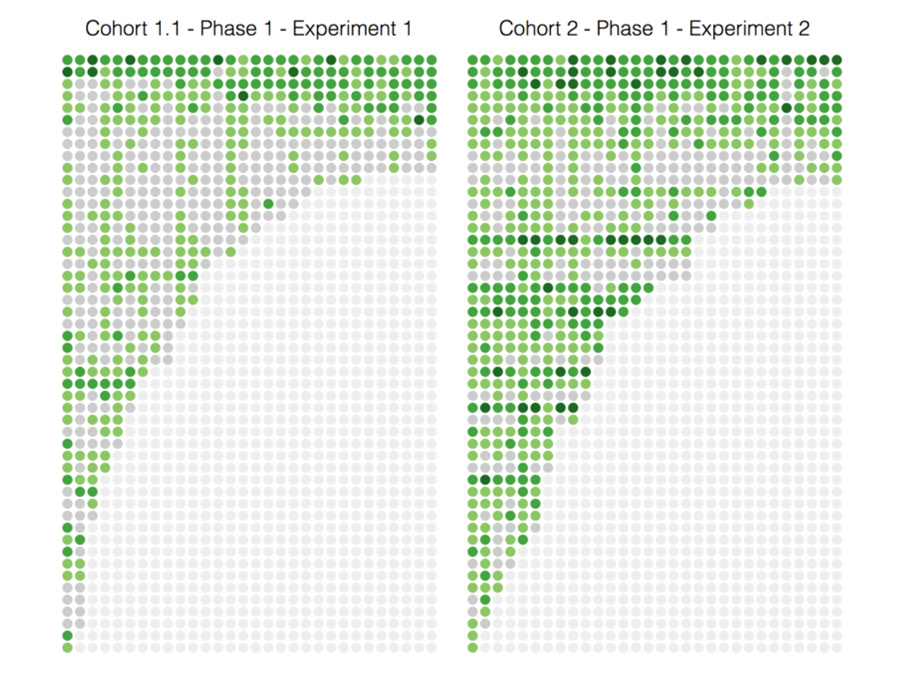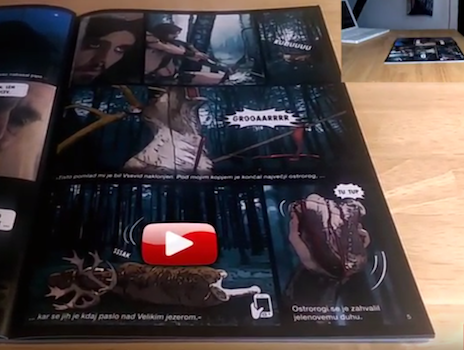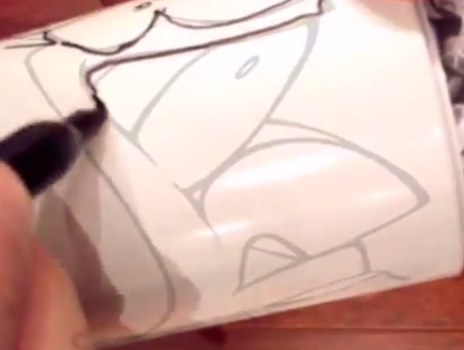Paper: Using drones for art and exergaming (IEEE Pervasive Computing 2017)
StreetGames
Paper: StreetGamez: A Moving Projector Platform for Projected Street Games (CHI PLAY ’15)
Paper: Using drones for art and exergaming (IEEE Pervasive Computing 2017)
Google Soli microgestures research
Using Google SOLI sensor and machine learning algorithms we explore the world of microgestures.
Paper: The Wearable Radar: Sensing Gestures Through Fabrics (To appear at MobileHCI 2020)
Paper: The Missing Interface: Micro-Gestures on Augmented Objects (CHI 2019)
Pervasive technologies in mobile learning
In the context of professional training explore how one could user pervasive technologies such as adaptive triggering with notifications.
Long-term personal project information managment
The purpose of this project is to reveal and understand project information management practices in details and provide guidelines for personal project management tools
Paper: An empirical study of long-term personal project information management(ASLIB 2014)
Terms of Service

Exploring reading patterns and practices of how people engage with Terms of Service.
Augmentation not Duplication: Considerations for the Design of Digitally-Augmented Comic Books
Digital-augmentation of print-media can provide contextually relevant audio, visual, or haptic content to supplement the static text and images. The design of such augmentation can have a significant impact on the reading experience. Here we explore how to best design for this new medium.
Echolocation: experiential learning and sound perception
We explore people’s cognitive abilities in perceiving spatial information through sound that is generated based on depth camera images. The system was build for experiential learning and can be trailed at UNESCO world heritage site The Škocjan Caves.
AR as a Crafting Tool
Paper: Dual Camera Magic Lens for Handheld AR Sketching (INTERACT 2015)
Paper: 3D virtual tracing and depth perception problem on mobile AR (CHI EA ’16)
Paper: Using a Mobile Phone as a 2D Virtual Tracing Tool: Static Peephole vs. Magic Lens (HCC12)
Interactive Documentary Storytelling
Interactive documentary storytelling using animated 360 degree images and video to study the effect of interactivity on users ability to comprehend, memorise and engage with the story. Visit website (only in Slovenian and Croatian)
Playing with the Artworks
Paper: Playing with the Artworks: Engaging with Art through an Augmented Reality Game (CHI 2016)
Mobile Devices & Educational Trails
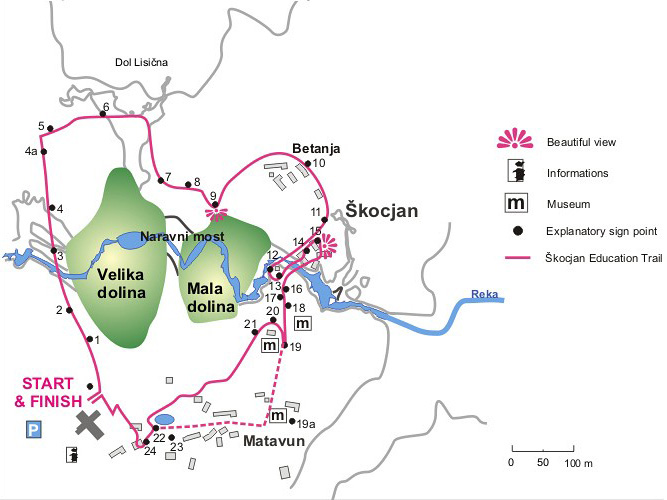
Developing a mobile application that will augment Škocjan Educational Trail by combine elements of location-based games, Augmented reality and Virtual reality in order to promote environmental awareness, interest in science and encourage younger generations to discover the basic features of the Park and the Karst region.
Tackling Loneliness

Paper: “Break the Ice”: The Use of Technology to Initiate Communication in Public Spaces (HCC12)
Digital Graffiti
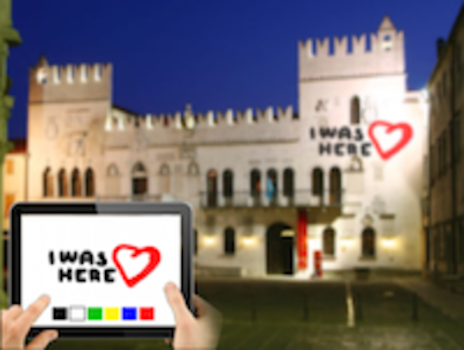
Paper: “I was here”: enabling tourists to leave digital graffiti on historic landmarks (INTERACT 2015)


